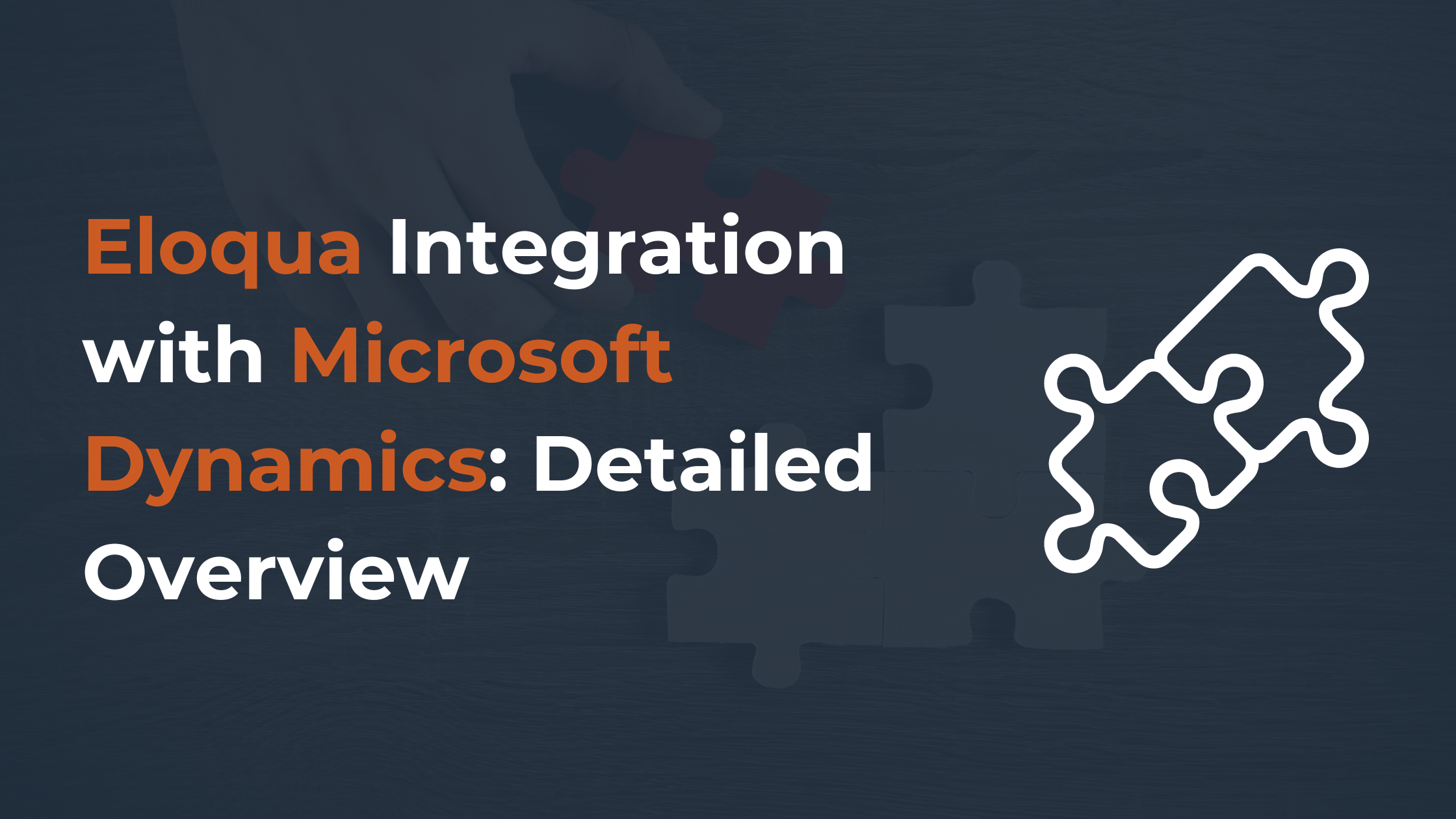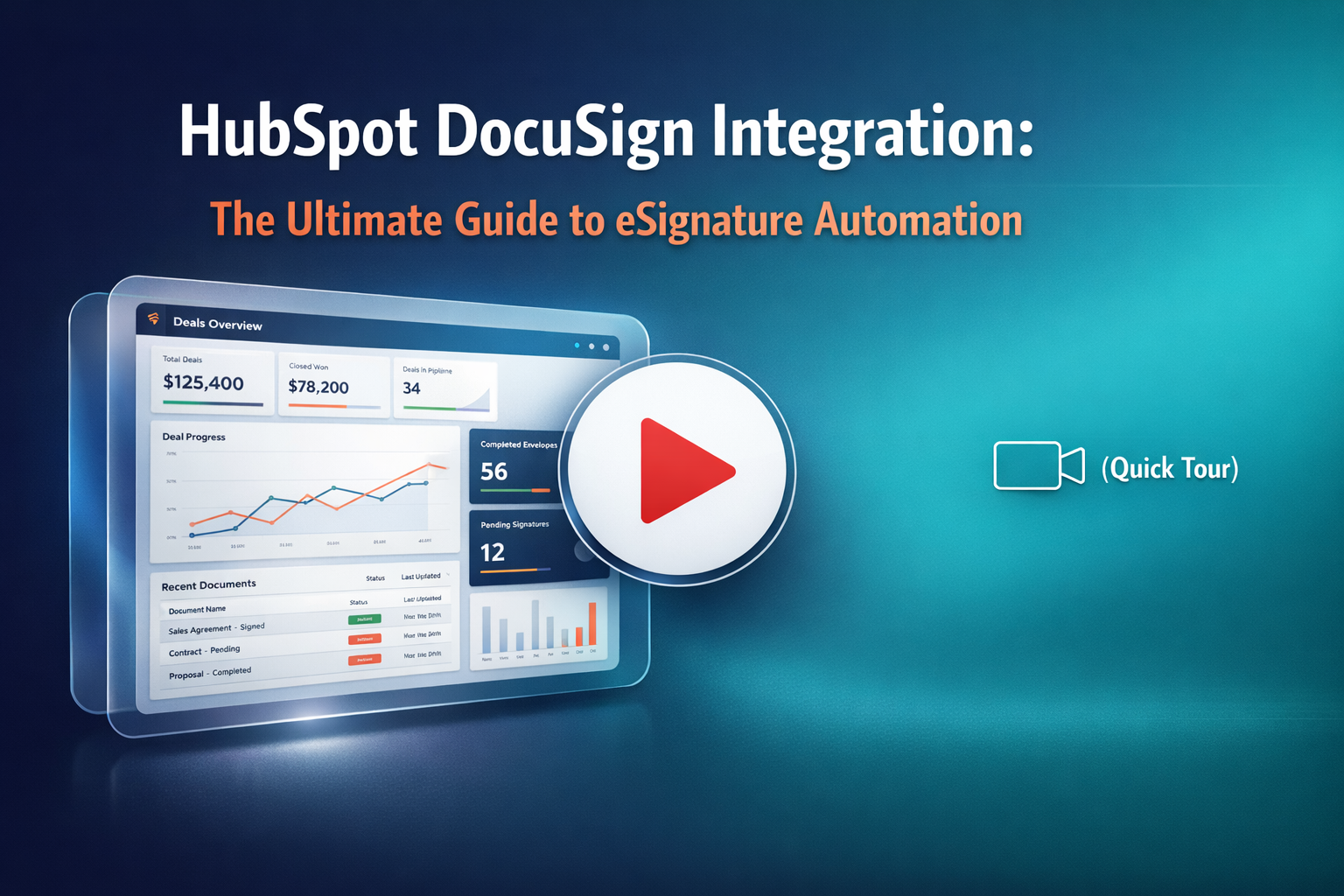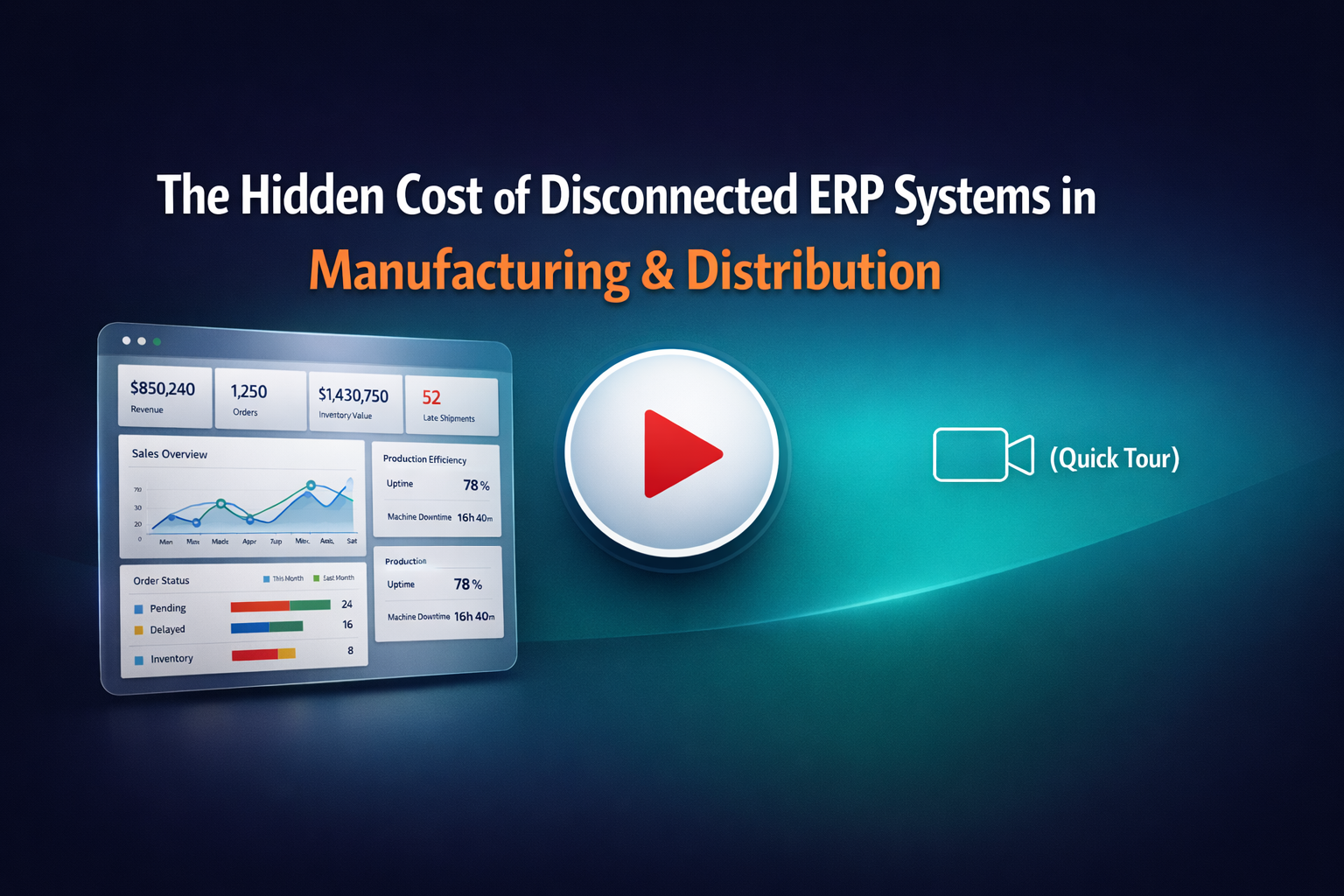What is Microsoft Dynamics 365?
Microsoft Dynamics 365 is a comprehensive suite of business applications developed by Microsoft to help organizations manage various aspects of their operations, including sales, customer service, marketing, finance, operations, and more. It is a cloud-based platform that integrates seamlessly with other Microsoft products and services, providing businesses with a unified solution to streamline their processes, improve productivity, and drive growth.
Key components of Microsoft Dynamics 365 include:
- Sales: Dynamics 365 Sales empowers sales teams with tools for managing leads, opportunities, and customer relationships. It includes features such as lead scoring, sales forecasting, pipeline management, and sales performance analytics.
- Customer Service: Dynamics 365 Customer Service enables organizations to deliver exceptional customer support across multiple channels, including phone, email, chat, and social media. It offers case management, a knowledge base, self-service portals, and service level agreement (SLA) tracking capabilities.
- Marketing: Dynamics 365 Marketing helps businesses attract, engage, and nurture leads through targeted marketing campaigns. It includes features such as email marketing, lead scoring, campaign automation, customer journey mapping, and marketing analytics.
- Field Service: Dynamics 365 Field Service allows organizations to manage field operations and service technicians efficiently. It provides tools for scheduling appointments, dispatching resources, managing work orders, and tracking service performance.
- Finance and Operations: Dynamics 365 Finance and Dynamics 365 Supply Chain Management (formerly known as Dynamics AX) offer comprehensive solutions for managing financial processes, inventory, manufacturing, distribution, and supply chain operations.
- Human Resources: Dynamics 365 Human Resources helps organizations manage their workforce effectively by providing tools for talent acquisition, employee onboarding, performance management, training, and compliance.
- Commerce: Dynamics 365 Commerce enables businesses to deliver personalized shopping experiences across various channels, including online stores, brick-and-mortar stores, and mobile apps. It includes features such as catalog management, merchandising, order management, and omnichannel customer engagement.
- Business Central: Dynamics 365 Business Central is a cloud-based ERP solution designed for small and medium-sized businesses. It offers financial management, inventory management, sales, purchasing, project management, and reporting capabilities in a unified platform.
What is Eloqua?
Oracle Eloqua is a powerful marketing automation platform designed to help businesses attract, engage, and convert leads into customers. It provides a suite of tools and features that enable marketers to create and execute targeted marketing campaigns, nurture leads through personalized experiences, and measure the effectiveness of their marketing efforts.
Key features of Eloqua include:
- Campaign Management: Eloqua CRM offers robust campaign management capabilities, allowing marketers to create, launch, and manage multi-channel marketing campaigns across email, web, social media, mobile, and other digital channels.
- Lead Management: With Eloqua, marketers can effectively manage leads throughout the entire customer journey. It includes lead capture forms, lead scoring and profiling, lead nurturing workflows, and lead routing to ensure that the right leads are delivered to sales teams at the right time.
- Email Marketing: Eloqua's email marketing tools enable marketers to design and send personalized email campaigns, newsletters, and drip campaigns. It includes features such as email templates, A/B testing, dynamic content, and automated email workflows.
- Marketing Automation: Eloqua's automation capabilities allow marketers to automate repetitive tasks, streamline processes, and deliver timely and relevant messages to leads and customers based on their behavior, preferences, and demographics.
- Segmentation and Personalization: Eloqua enables marketers to segment their audience based on various criteria such as demographics, behavior, and engagement history. It also offers advanced personalization features to deliver tailored content and messages to different segments of the audience.
- Analytics and Reporting: Eloqua provides robust analytics and reporting tools to track the performance of marketing campaigns, measure key metrics such as email open rates, click-through rates, conversion rates, and ROI. Marketers can gain valuable insights into the effectiveness of their marketing efforts and make data-driven decisions to optimize their strategies.
- Integration: Eloqua integrates seamlessly with other systems and platforms, including CRM systems (such as Salesforce, Microsoft Dynamics), content management systems (CMS), webinar platforms, social media channels, and more. This enables marketers to centralize data, streamline workflows, and create a unified view of their customers across different touchpoints.
Benefits of Eloqua Microsoft Dynamics Integration
Are you looking to take your marketing efforts to the next level? The integration of Microsoft Dynamics 365 and Eloqua CRM is the ultimate combo for businesses seeking to streamline their operations and boost their marketing effectiveness. This powerful integration offers a range of benefits that can enhance lead management, improve sales processes, and provide valuable insights into marketing opportunities.
One of the key advantages of this integration is its ability to accelerate the lead-to-sales process, allowing businesses to understand customer demands better and respond more quickly to their needs. You can connect Oracle Eloqua to Microsoft Dynamics CRM to stay aligned with their sales plans and make informed decisions by providing updated information about contacts and sales in real time.
But that's not all – the integration also facilitates the management of sales, subscriptions, bounce backs, and canceled subscriptions, helping businesses stay on top of their customer relationships and revenue streams.
With Microsoft Dynamics 365 and Eloqua working together, businesses can seamlessly manage and synchronize their data, gaining valuable insights into marketing opportunities and customer behavior. And the best part? There are endless possibilities for enhancing the integration to suit your specific needs:
- Empower sales users by updating their roles and permissions directly from the Oracle dashboard, ensuring secure and efficient access to data.
- Keep your pick lists up to date to ensure accurate and consistent data across your systems.
- Leverage segmentation to gather detailed information and insights about your audience, allowing for more targeted and personalized marketing campaigns.
Strategies and Best Practices for Microsoft Dynamics 365 and Eloqua Integration
By following these strategies and best practices in this Eloqua Microsoft Dynamics integration tutorial, organizations can ensure successful integration that delivers value and drives business growth.
Data Mapping 📂
Define clear mappings between fields in Eloqua and Dynamics CRM to ensure that data is accurately synced between the two platforms. This includes mapping lead attributes, contact information, and campaign data.
Workflow Automation 🔄
Leverage Eloqua's automation capabilities to trigger actions in Dynamics CRM based on lead behavior or engagement with marketing campaigns. For example, automatically create new leads in Dynamics CRM when prospects reach a certain lead score in Eloqua.
Customization ⚙️
Tailor the integration to suit the specific needs and workflows of your organization. This may involve creating custom fields or objects in both Eloqua and Dynamics CRM to capture additional data relevant to your business processes.
Testing and Validation ✔️
Thoroughly test the integration to ensure that data is syncing correctly and that workflows are functioning as expected. Conduct regular audits to identify and address any issues or discrepancies.
Sales and Marketing Team Alignment 🤝
Foster collaboration between sales and marketing teams to ensure that both departments are aligned on goals, processes, and lead management strategies.
Performance Monitoring 📊
Continuously monitor the performance of your integrated systems to identify areas for improvement and optimization. Use analytics and reporting tools to track key metrics such as lead conversion rates, pipeline velocity, and ROI.
Stay Updated 🚀
Keep track of updates and new features released by Eloqua and Dynamics CRM, as well as any changes to integration capabilities. Regularly review and update your integration strategy to leverage the latest advancements and enhancements.
Factors to Consider for Microsoft Dynamics 365 Integration with Oracle Eloqua
Now that you've explored the advantages and methods to optimize Microsoft Dynamics 365 integration with Oracle Eloqua, let's delve into the key factors you should keep in mind when undertaking this integration:
- Directional System: Determine whether you prefer a uni-directional or bi-directional configuration. Generally, bi-directional integration is preferable as it allows both platforms to exchange data, providing access to opportunity data and enhancing collaboration between teams.
- Standard Integration: Oracle Eloqua offers pre-designed connections into Microsoft Dynamics 365 (both cloud and on-premise versions), simplifying the integration process, especially for those with technical expertise. Utilizing standard integration facilitates automated syncing and enables external calls to update contacts, leads, custom records, and accounts seamlessly.
- Visibility: Consider how marketing data will be utilized, including which sales representatives should have access to leads, how engagement activities will be associated with sales efforts, and which engagement strategies will be implemented. Addressing these questions during the integration process allows for flexibility and experimentation, empowering your teams to optimize their strategies effectively.
Eloqua integration with Microsoft Dynamics: Final Thoughts
In summary, Oracle Eloqua and Microsoft Dynamics 365 are powerful marketing tools on their own. However, the integration enhances their existing features and capabilities.
To fully take the benefits, proper installation and configuration consider partnering with SyncMatters to get the most out of this integration. Learn more about our Eloqua Microsoft Dynamics integration service!
FAQs
Which four CRM integrations with Eloqua are supported?
Oracle Eloqua supports integration with several Customer Relationship Management (CRM) systems, including:
- Oracle Sales
- Oracle CRM On Demand
- Salesforce
- Microsoft Dynamics 365
However, using the SyncMatters custom integration service, you can integrate Eloqua with more systems than these four.
How do you integrate with Eloqua?
Integrating with Eloqua typically involves setting up data synchronization between Eloqua and your CRM system. Here's a general overview of the integration process:
- Identify the data and processes you want to integrate between Eloqua and your CRM system.
- Decide whether to use native connectors, middleware platforms, or custom API integrations based on your specific needs and technical capabilities.
- Set up data mappings, field mappings, and synchronization schedules to ensure that data flows seamlessly between Eloqua and your CRM system.
- Conduct thorough testing to ensure that data is syncing accurately and that workflows are functioning as expected.
- Once testing is complete, deploy the integration into production and monitor its performance to ensure ongoing reliability and efficiency.
- Regularly monitor and maintain the integration, making updates and optimizations as needed to accommodate changes in systems or business requirements.








